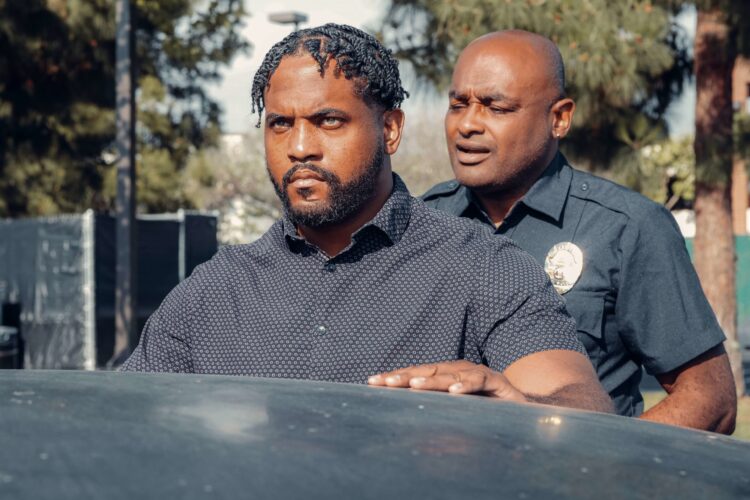DUI Checkpoints: Tips You Need to Know

Remaining both calm and attentive while driving is one of the first pieces of advice you’re given when you start driving.
As you become more familiar with driving habits, you may realize that this advice applies to not just new drivers but even the most seasoned licensed drivers on the road. From rush hour traffic and extended travel times to waiting out an accident ahead or road construction blocks, keeping a calm disposition on the road is of utmost importance.
What about when you encounter a police officer or a DUI checkpoint along your way?
Feeling stress and anxiety on the road is completely normal, especially when you find yourself approaching a DUI checkpoint.
You may not have been drinking at all. No one in your vehicle has been drinking either. But sometimes physical and mental stress can result in behavior that may resemble being under the influence of drugs or alcohol.
So what’s next? How do you get through a DUI checkpoint, and what are some of the most important things to know?
Here are some things you need to know when navigating a DUI checkpoint.
Requirements for a Checkpoint
In Georgia, there are several requirements for a DUI checkpoint for both legal and operational purposes.
Location and time must be approved in advance by a police officer that has the legal authority to make this type of approval.
The location must be clearly marked. It should not catch drivers off guard or potentially cause an accident. The location itself should cause minimal interruption to the usual flow of traffic.
Every vehicle must be stopped. Random checks are illegal when it comes to DUI checkpoints.
There is a minimum requirement of two police officers per checkpoint. This is both to maintain a steady flow of traffic and conduct the DUI check on each vehicle that passes through.
DUI Checkpoint Tips
Don’t Avoid the Checkpoint
Anytime you see a roadblock, traffic jam, or accident, your immediate response may be to turn around at the earliest opportunity to avoid any further delays.
When approaching a DUI checkpoint ahead, do not attempt to pull a U-turn or any other erratic driving maneuvers. This may lead police officers to investigate potential drunk driving further based on those erratic movements, as it gives reasonable suspicion of criminal activity.
If you’re approaching a DUI checkpoint, the best thing to do is to move through it if you can’t avoid the checkpoint while driving normally.
Have License and Insurance Ready
When you drive through a DUI checkpoint, be prepared for a police officer to ask you for your license and proof of insurance once you stop your vehicle.
Having to dig through a glove box for paperwork might be a sign of intoxication to an officer that wouldn’t know if you hadn’t been drinking. The last thing you want to be doing is fumbling around for the right documents. Expect the officer to check your documents thoroughly.
Remain Silent
“You have the right to remain silent.” That goes beyond just the constitutional amendment that you have the right to remain silent upon arrest.
If the officer patroling the DUI checkpoint asks you any questions as far as your whereabouts, activities, etc., remember that you aren’t legally required to tell them anything.
The purpose of a police officer asking those questions is to get you talking. They may be looking for signs of intoxication such as slurred speech, incoherency, bloodshot eyes, smell of alcohol on breath, and similar signs of intoxication.
Facing a Sobriety Test
If an officer suspects that a driver is intoxicated, they may ask the driver to step out of the vehicle to complete a sobriety or breath test.
However, you are able to opt out of both of these tests if you are asked to step out of your vehicle. Breathalyzer and field sobriety tests often produce inaccurate and unreliable results, meaning that if you fail unintentionally, you may face consequences much greater than bowing out of a sobriety test.
Know that if you respectfully refuse either test, there is a chance that (at maximum) you could face a suspended license, but this is rare. If you work with an experienced DUI or defense attorney, the license suspension should disappear in no time at all.
Criminal Defense Attorney Andrew L. Schwartz
If you have been charged with a DUI in Marietta, Georgia, look no further than Criminal Defense Attorney Andrew L. Schwartz.
Dedicated to defending the rights and freedom of those accused of a serious felony or misdemeanor crimes such as a DUI, Schwartz will take the time to out-prepare the prosecution and explain the criminal law process to you every step of the way.
Contact Andrew L. Schwartz today for a no-obligation, free legal consultation.
